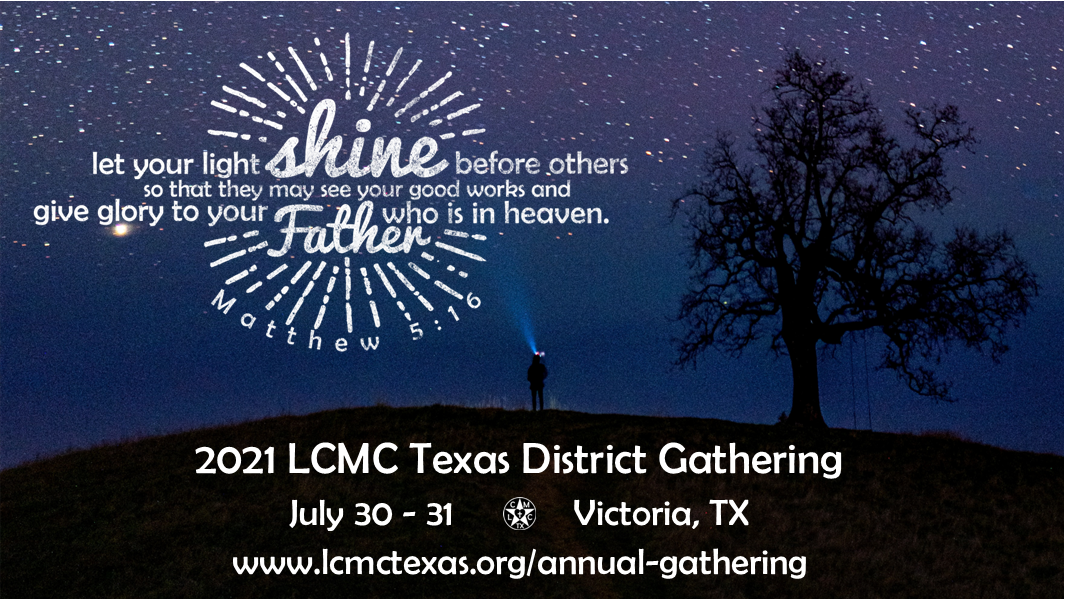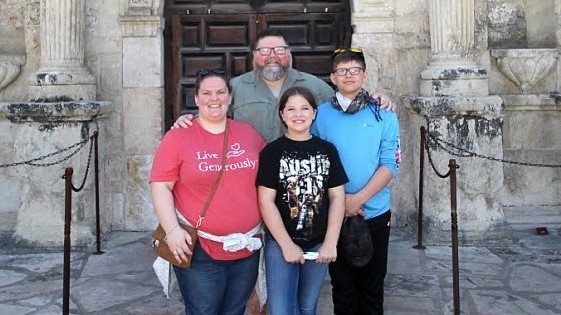
Reflecting on Advent & Christmas

Note: This guest post is by Kari Malinak. Kari serves as the Associate Pastor of Living Word Lutheran Church in Grapevine. Kari was elected to the District Council in 2020.
Happy New Year! Well, as I write this, happy new liturgical year! With Advent, the Christian Church begins a new cycle of seasons and liturgy. Advent is a special season filled with hopeful anticipation, expectation, and joy knowing the celebration of Christ’s birth is only a handful of weeks away. Advent is also a penitential season in which we reflect on the need of God entering this sinful world and our own sinful nature. In our modern world, though, we can lose the meaning in a hectic holiday season. So, writing this now, I hope we can appreciate Advent and Christmas in a calmer time.
Read more...
WWJDIHWM?

Read more...
Sabbatical Time

Read more...

Lessons Learned from the Driver’s Seat

Read more...

Ministry Partners Join District Staff

Read more...

Teamwork

Read more...

Why Can’t Life Be Easy?

Read more...

Immeasurably More

Read more...

Life Review Time

Read more...

It’s Time to SHINE

Read more...

Christ Calls Waco Missionary Family

Read more...

Feeling Powerless?

Read more...



